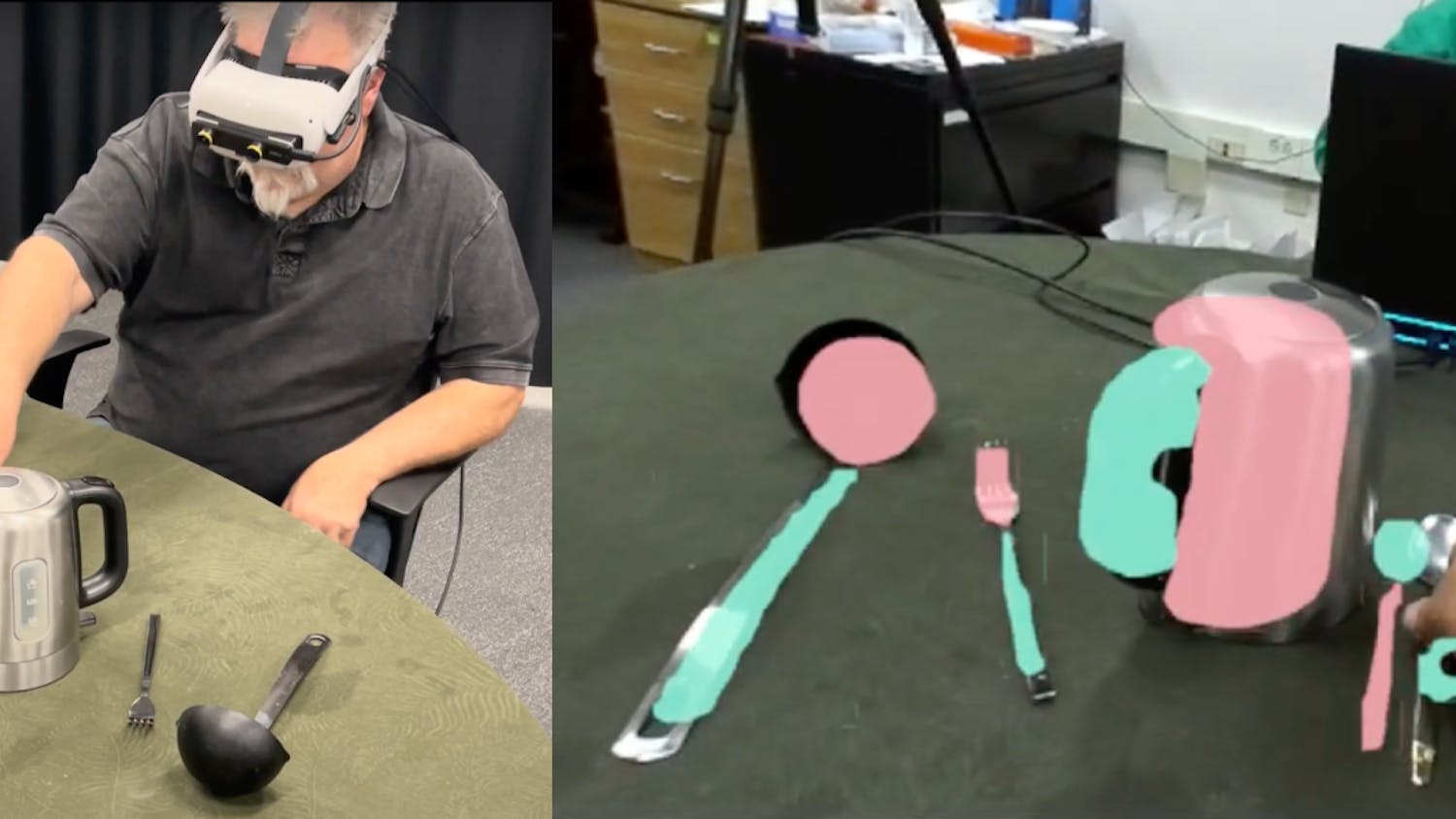Dear Mr. Scientist,
I caught a good number of butterflies this summer and noticed they have some sort of powder on their wings. What is this stuff, and what does it do?
—Hannah B.
What seems like some sort of powder are actually tiny scales. Although butterflies are known for their colorful wings, the wings themselves are actually clear—the color comes from these little scales. In addition to creating beautiful patterns, these scales help reflect sunlight, provide camouflage and in some cases release pheromones to attract mates. Over the course of its life a butterfly will lose many of these scales, so touching its wings won’t kill it, but it’s best not to touch a butterfly’s wings.
Dear Mr. Scientist,
I’ve never done it, but I’ve always heard that it hurts when you bite aluminum foil. Why is that?
—Dylan I.
Biting into aluminum foil does indeed hurt, but only if you have metal in your mouth (e.g. fillings, crowns, braces). Because of something known as the voltaic effect, an electric potential difference develops when these two different metals come into contact with one another. Electrolytes (like salt) that are dissolved in your saliva help electrons flow from the foil to your tooth and into the tooth’s root where nerves recognize this current as pain. In essence, this combination of two different metals and electrolytes creates a simple battery inside your mouth. Electrifying!
Ask Mr. Scientist is written by Michael Leitch. If you have a burning science question you want him to answer, tweet it @DC_Science or email it to science@dailycardinal.com





